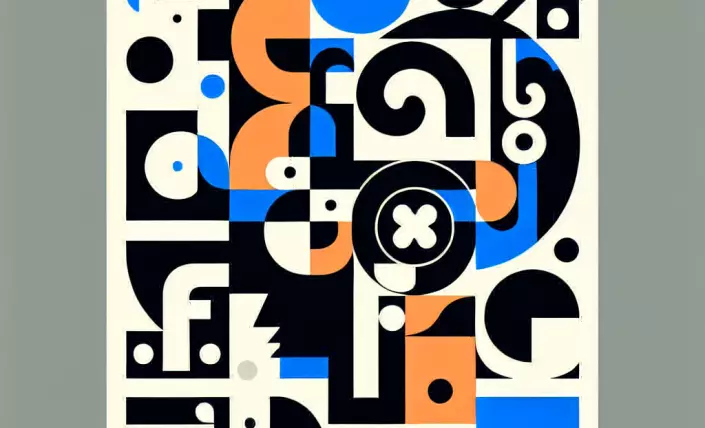In the labyrinthine corridors of human consciousness, few concepts are as enigmatic and compelling as time and memory. These twin forces shape our perception of reality, guiding our understanding of the self and the world around us. Saint Augustine, a towering figure in the realm of philosophical thought, grappled extensively with these themes, offering insights that continue to provoke reflection and debate. His meditations on time and memory are not merely abstract musings but touch upon the very essence of human experience, inviting us to ponder the profound impact these elements have on our lives.
Augustine's exploration of time is famously articulated in his 'Confessions,' where he delves into the nature of time and its elusive quality. He famously questions, 'What then is time? If no one asks me, I know what it is. If I wish to explain it to him who asks, I do not know.' This paradox encapsulates the perplexing nature of time—simultaneously familiar and ineffable. Augustine posits that time is not an external entity but a construct of the human mind, existing in the present as a tension between memory and expectation. This perspective challenges us to reconsider our habitual understanding of time as a linear progression, prompting a more nuanced appreciation of how past, present, and future are interwoven in our consciousness.
Memory, for Augustine, is the repository of time, a vast and intricate archive where experiences are stored and retrieved. He marvels at the capacity of memory to hold the multitude of life’s impressions, from fleeting sensory details to the deep-seated emotions that define our identity. Augustine's reflections on memory are not merely an attempt to catalog its functions but to explore its role in the formation of the self. Memory, in his view, is not just a passive record but an active process that shapes our understanding of who we are. It is through memory that we construct a narrative of our lives, connecting disparate moments into a coherent whole. This narrative is not static; it evolves as we reinterpret past experiences in light of new insights and contexts.
The implications of Augustine's thoughts on time and memory extend beyond philosophical discourse, offering a lens through which to examine our own lives. In a world increasingly obsessed with the future, Augustine's emphasis on the present moment reminds us of the value of mindfulness and presence. His insights encourage us to engage with our memories critically, recognizing their role in shaping our identity while remaining open to growth and transformation. By reflecting on Augustine’s ideas, we are invited to embark on a journey of introspection, exploring the depths of our own consciousness and the intricate tapestry of time and memory that defines the human condition.










